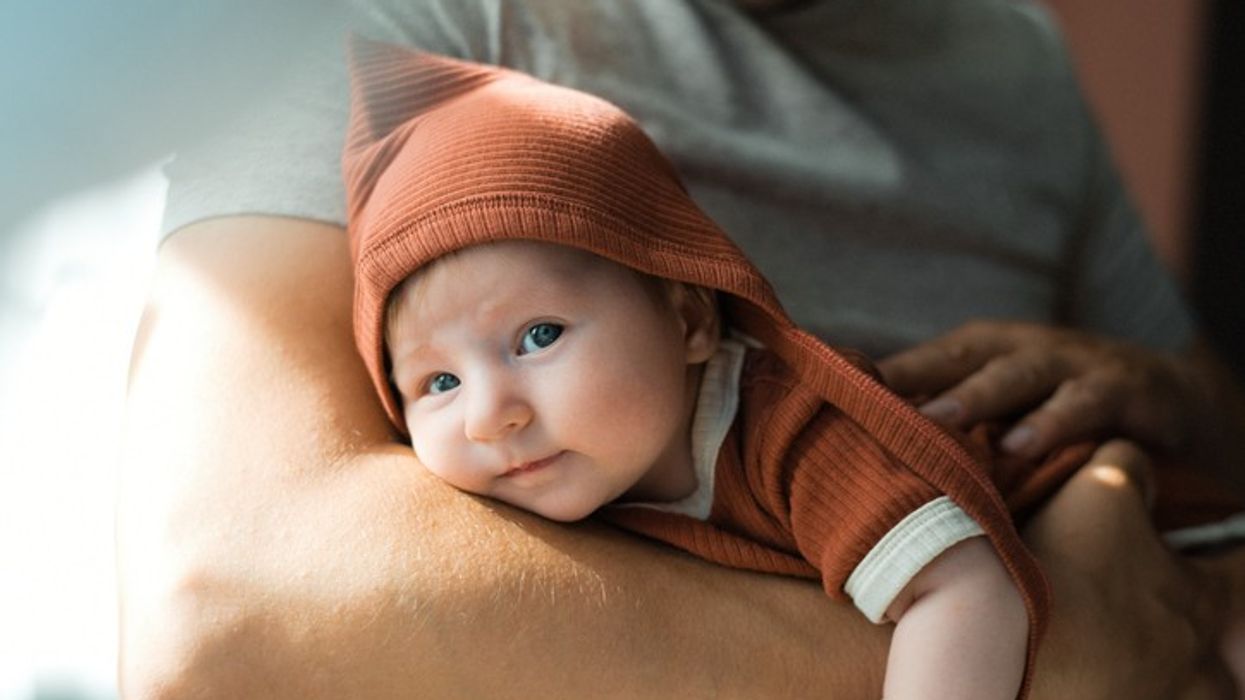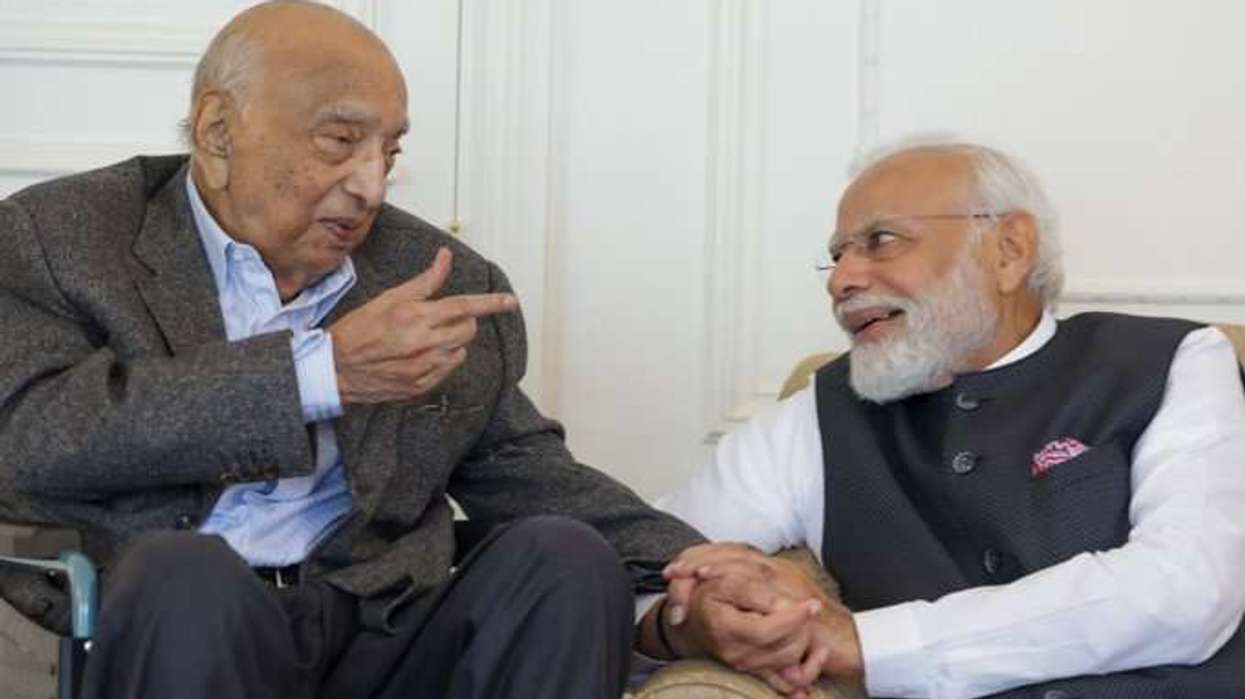THE UK has recorded its first increase in births since 2021, with a notable rise in babies born to fathers over 60 helping to lift the numbers, according to new figures from the Office for National Statistics (ONS).
In 2024, there were 594,677 live births in England and Wales, up 0.6 per cent from the previous year. While this is a modest increase, it marks a change after several years of decline.
The ONS highlighted that the number of births to fathers aged 60 and above jumped by 14.2 per cent compared with 2023, rising from 942 to 1,076.
This group of older fathers has played a key role in pushing up the birthrate, even as the number of younger parents continues to fall, reported the Times.
The data also showed that almost a third of all babies born last year had mothers who were born outside the UK. In 2024, 33.9 per cent of live births were to non-UK-born women, the highest proportion since records began in 2001.
Despite this small increase, the overall number of births remains historically low. Last year’s total was the third-lowest since 1977, reflecting a long-term trend of fewer young people having children.
The average age of both mothers and fathers continues to rise. The number of babies born to mothers under 20 fell by 4.6 per cent, and there was also a drop for mothers aged 20 to 24. Births to fathers under 20 also fell slightly, while the biggest increases were seen in parents aged 35 and over
Regional differences were also clear. While England saw a small overall rise in births, some areas, such as the North East, East Midlands, East, South East, and South West, actually experienced a decline. The West Midlands and London saw the biggest increases, with birthrates up 3.4 per cent and 1.8 per cent respectively. In contrast, Wales recorded a two per cent fall in live births compared to 2023.
Bridget Phillipson, secretary of state for education, has urged young Britons to consider starting families sooner, warning about the “worrying repercussions” of a falling birthrate. She pointed to the rising cost of housing and childcare as reasons why many young people are putting off having children, saying, “Young Britons are thinking twice about having a family because of the rising costs of housing and childcare,” The Times reported.
Greg Ceely, head of population monitoring at the ONS, said, “In 2024, the annual number of births in England and Wales reversed the recent trend of declining births, recording the first increase seen since 2021. Despite this overall rise, the number of births to mothers under 30 fell as people continue to put off having children until later in life. The largest decrease is seen amongst those under 20 years old, which fell by almost five per cent, while the number of mothers aged 35 to 39 grew the most.
"A couple of other long-term trends are continuing, such as seeing around half of live births within marriage or civil partnership, and an increase in births to non-UK-born mothers.”
Experts have warned that if the birthrate continues to fall, the UK could face long-term challenges, including a shrinking workforce and rising national debt. The Office for Budget Responsibility has previously said that without a recovery in the birthrate, government debt could soar over the next 50 years.





